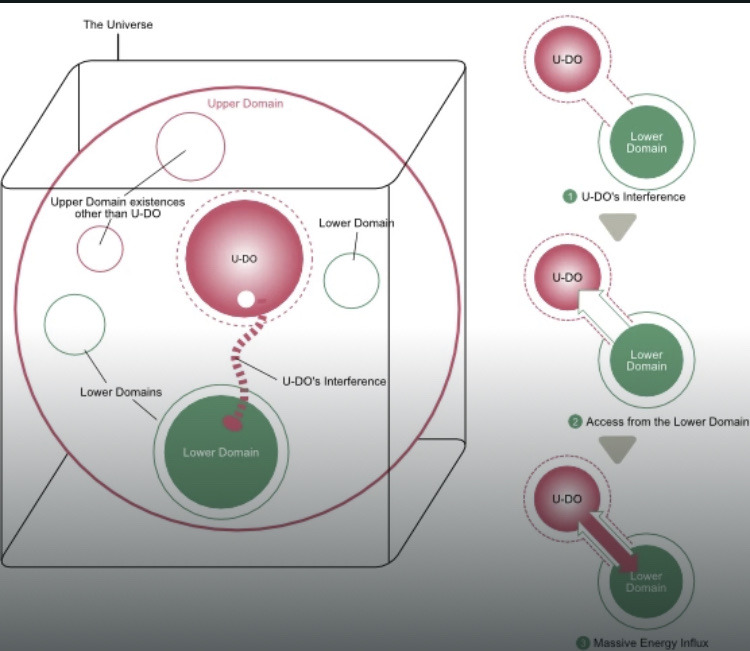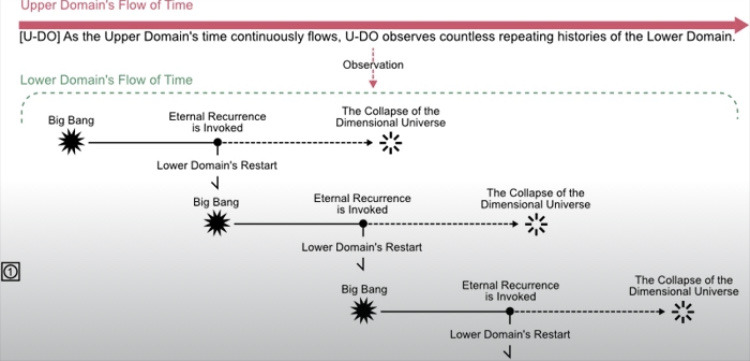Im definitely not a fan of heavy redaction of Bible verses, nor literally interpreting poetic passages to make a point. Whatever website you got these from is very misleading.
Let's clear this up.
"... with God all things are possible." -- Matthew 19:26
"...The LORD was with Judah; and he drave out the inhabitants of the mountain; but could not drive out the inhabitants of the valley, because they had chariots of iron." -- Judges 1:19
I'm not sure if you're arguing "all things
are possible" but God didn't drive the people out of the valley, or
God wasn't able to do it.
To point 1, all things are possible. God also makes requirements very clear in this case of Judah(You have to read the Bible to know this, though):
Deuteronomy 20: 16 "But of the cities of these peoples which the LORD your God gives you [as] an inheritance, you shall let nothing that breathes remain alive,
17 "but you shall utterly destroy them: the Hittite and the Amorite and the Canaanite and the Perizzite and the Hivite and the Jebusite, just as the LORD your God has commanded you,
But they didn't:
Joshua 15: As for the Jebusites, the inhabitants of Jerusalem, the children of Judah could not drive them out; but the Jebusites dwell with the children of Judah at Jerusalem to this day.
So God made it clear things would be rough:
Judges 2:1 Then the Angel of the LORD came up from Gilgal to Bochim, and said: "I led you up from Egypt and brought you to the land of which I swore to your fathers; and I said, 'I will never break My covenant with you.
2 'And you shall make no covenant with the inhabitants of this land; you shall tear down their altars.' But you have not obeyed My voice. Why have you done this?
3 "Therefore I also said, 'I will not drive them out before you; but they shall be [thorns] in your side, and their gods shall be a snare to you.' "
Point 2, 'he' in this case is not referring to God, but Judah. Judah couldn't drive them out. Just like all of Israel can be referred to as masculine singular:
Jeremiah 31:10 "Hear the word of the LORD, O nations, And declare [it] in the isles afar off, and say, 'He who scattered Israel will gather him, And keep him as a shepherd [does] his flock.'
"... I have seen God face to face, and my life is preserved." -- Genesis 32:30
"No man hath seen God at any time..."-- John 1:18
Let's see what is behind those ellipses:
John 1:18 No one has seen God at any time. The only begotten Son, who is in the bosom of the Father, He has declared [Him.]
Do you read that as meaning only Jesus has physically 'seen' God, thereby declaring Him, or that Jesus has come declaring God's nature/mind/will, and that no one had yet understood Him?
- (intransitive and transitive, figuratively) To see with the mind, understand
ὁρᾷς; ὁρᾶτε;horâis? horâte?
Do you see?
"... the earth abideth for ever." -- Ecclesiastes 1:4
"... the elements shall melt with fervent heat, the earth also and the works that are therein shall be burned up." -- 2Peter 3:10
Again, I'm going to peek at what those ellipses are hiding:
Ecclesiastes 1:
2 "Vanity of vanities," says the Preacher; "Vanity of vanities, all [is ]vanity."
3 What profit has a man from all his labor In which he toils under the sun?
4 [One] generation passes away, and [another] generation comes; But the earth abides forever.
Does this sound like a poetic way to describe the futility/meaninglessness (vanity, in older English) of man's lifetime in comparison to the length of history and future? Ecclesiastes is all about how life is meaningless without God. I don't know the meaning of life for an atheist, there is none.
If you think this is some sort of random prophecy that the earth will last forever, there's not much more I can say.
"The son shall not bear the iniquity of the father..." -- Ezekiel 18:20
"I the LORD thy God am a jealous God, visiting the iniquity of the fathers upon the children unto the third and fourth generation..." -- Exodus 20:5
Those dang ellipses again. It's like they're always hiding context. Let's see Ezekiel 18 in full context:
Ezekiel 18:
19 "Yet you say, 'Why should the son not bear the guilt of the father?' Because the son has done what is lawful and right, and has kept all My statutes and observed them, he shall surely live.
20 "The soul who sins shall die. The son shall not bear the guilt of the father, nor the father bear the guilt of the son. The righteousness of the righteous shall be upon himself, and the wickedness of the wicked shall be upon himself.
21 "But if a wicked man turns from all his sins which he has committed, keeps all My statutes, and does what is lawful and right, he shall surely live; he shall not die.
TLDR: The wicked person who sins pays for their sins. If the father is evil, the righteous son won't be accountable.
Now the ellipses in Exodus 20:5 are egregious. Straight up disgusting:
I, the LORD your God, [am] a jealous God, visiting the iniquity of the fathers upon the children to the third and fourth [generations] of those who hate Me,
That's a big omission from your post. Do the children hate God? Guess what, they're getting the iniquity. God doesn't visit iniquity on all wicked people in their lifetime, this was a special occasion.
Let's look at the
very next verse:
Exodus 20:6 but showing mercy to thousands, to those who love Me and keep My commandments.
There's no contradiction here. Love God, receive mercy, even if your fathers were wicked.
Galatians 2:16 -
"A man is not justified by the works of the law, but by the faith of Jesus Christ."
Matthew 16:27 -
"For the Son of Man will come in the glory of His Father with His angels, and then He will reward each according to his works."
This is just a misunderstanding of words.
Justified = saved. We are not saved by our works, we are saved by believing Jesus is the Son of God, took the punishment for our sins, that He is our savior, and rose from the grave. We can never be good enough for salvation without Jesus.
Guess what, we also get rewards:
2 Corinthians 5:10 For we must all appear before the judgment seat of Christ, that each one may receive the things [done] in the body, according to what he has done, whether good or bad.
There will be people who barely make salvation, let alone are rewarded:
1 Corinthians 3:
13 each one's work will become clear; for the Day will declare it, because it will be revealed by fire; and the fire will test each one's work, of what sort it is.
14 If anyone's work which he has built on [it] endures, he will receive a reward.
15 If anyone's work is burned, he will suffer loss; but he himself will be saved, yet so as through fire.
These contradictions feel very much manufactured, and rely on obfuscation of the actual message the passages are getting across. Even if you disagree with my responses, if these are the 'best' contradictions that speaks loudly.









